
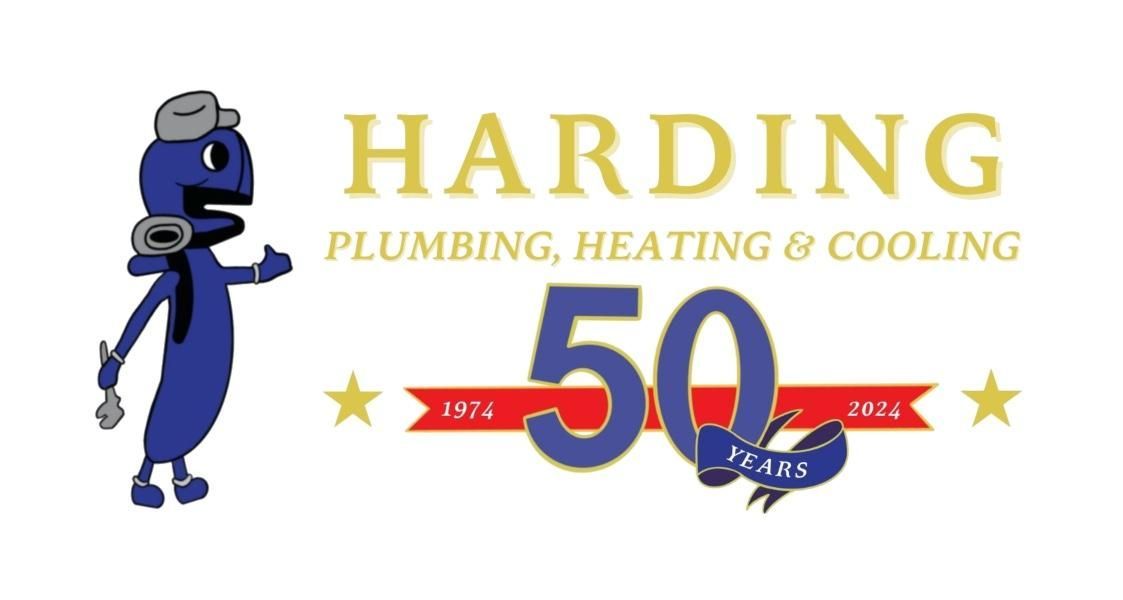
Serving Butts, Clayton, Fayette, Henry, Jasper, Lamar, Newton, & Spalding Counties
4 Things to Know About Local HVAC Services
Understanding the importance of heating, ventilation, and air conditioning (HVAC) services in maintaining a comfortable and healthy indoor environment is essential for homeowners and businesses alike. HVAC systems are integral in controlling the temperature, humidity, and air quality of indoor environments. As the demand for energy-efficient and advanced HVAC solutions continues to rise, so does the market for these essential systems. According to Get One Desk, in 2022, the global market size for the HVAC systems industry was approximately $240.8 billion. This article delves into four critical aspects of local HVAC services, providing valuable insights and tips for making informed decisions. We hope this blog will provide guidance on this important service!
1. Importance of Regular Maintenance
Regular maintenance of HVAC systems is crucial for enhancing system efficiency. When HVAC systems are well-maintained, they operate more effectively and use less energy, which contributes to lower utility bills. HVAC systems that undergo routine maintenance also experience less wear and tear, reducing the likelihood of system breakdowns. Well-serviced HVAC units optimize the heating and cooling of spaces, ensuring that energy output is used properly, thereby supporting environmental sustainability. Scheduling regular check-ups and servicing sessions can prevent small issues from becoming costly problems, ensuring optimal system efficiency over time.
Just as routine maintenance enhances system efficiency, it also prolongs the equipment's lifespan. HVAC systems that receive consistent and comprehensive maintenance can last several years longer than those that do not. Checking components regularly helps to identify and rectify potential issues before they lead to system damage. Longevity in HVAC systems means less frequent replacements and upgrades, which can translate into significant financial savings. Investing in regular maintenance is not just about improving current performance but also about extending the usable life of your HVAC system.
Preventing costly repairs is one of the primary benefits of regular HVAC system maintenance. Neglecting minor issues within an HVAC system can lead to major problems that are expensive and time-consuming to fix. Regular maintenance allows service professionals to identify and remedy problems early on. Additionally, well-maintained systems have fewer emergencies, reducing the likelihood of inconvenient breakdowns in extreme weather. Therefore, regular upkeep is vital in preventing expensive repairs and maintaining consistent service from your HVAC system.
2. Understanding HVAC System Components
HVAC systems comprise several key components, each serving a unique role. Heating elements within an HVAC system, such as furnaces and boilers, provide the necessary warmth to environments during colder months. These components function by converting energy sources such as gas, oil, or electricity into heat, which is then distributed throughout the building. Proper maintenance of these heating elements is essential to ensure they operate safely and efficiently without carbon monoxide leakage or energy wastage. Understanding these elements helps users optimize their operations and ensure safety in homes and commercial spaces.
Cooling units within HVAC systems are equally important, especially in warmer climates where consistent cooling is necessary for comfort. Air conditioners, heat pumps, and evaporative coolers fall under this category. They remove heat from indoor spaces, replacing it with cooler air while maintaining humidity levels. Understanding the type and capacity of cooling units helps in selecting and maintaining the right equipment for specific needs. Well-maintained cooling units contribute to energy efficiency and can help significantly reduce energy costs.
Central to the HVAC system are ventilation structures that aid in circulating air throughout a building. Ventilation components include ducts, fans, and air filters that ensure air is hygienically circulated. Good ventilation not only maintains air quality but also helps in keeping heating and cooling costs down by ensuring systemic efficiency. Regular cleaning and maintenance of these components help prevent dust accumulation and blockages. Understanding how each ventilation component functions is pivotal for homeowners to maintain system efficiency and indoor air quality.
3. Choosing the Right HVAC Contractor
Choosing the right HVAC contractor is an important decision that impacts the performance and longevity of the system. A key consideration is checking licenses and certifications, ensuring the contractor is qualified and adheres to industry standards. A licensed contractor provides assurance of expertise and knowledge in handling various HVAC systems. Furthermore, certified contractors stay updated with technological advancements, which can enhance system performance. Ensuring proper licensing is not just about legality, but also about ensuring quality service delivery.
Evaluating experience and expertise is critical when selecting an HVAC contractor. Contractors who have been in business for several years bring a wealth of knowledge and practical problem-solving skills to the table. It's crucial to verify that the contractor has relevant experience with your specific type of HVAC system. Experienced contractors are better equipped to handle unexpected issues during installation, maintenance, or repairs. This can make a significant difference in preventing operational downtime or inefficient system function.
Reading reviews and testimonials offers valuable insights into a contractor's reputation and service quality. By examining past customer experiences, one can gauge whether a contractor delivers on promises and provides satisfactory results. Look for patterns in feedback concerning punctuality, professionalism, and post-service support. Although individual reviews may vary, consistent negative feedback on specific issues could be a red flag. By comparing testimonials, individuals can select contractors who consistently deliver excellent service.
4. Evaluating Energy Efficiency Options
Evaluating energy efficiency options is essential in reducing environmental impact and saving on energy costs. Systems rated by Energy Star meet rigorous criteria that indicate reduced energy consumption without compromising performance. Selecting HVAC systems with Energy Star ratings ensures that appliances are environmentally friendly and cost-efficient. Besides unit selection, it's crucial to ensure the entire HVAC system is optimized for efficiency. Making informed choices about energy efficiency can significantly affect monthly utility expenses and carbon footprints.
The Seasonal Energy Efficiency Ratio (SEER) and Annual Fuel Utilization Efficiency (AFUE) ratings are benchmarks for evaluating HVAC system performance. A high SEER rating indicates that an air conditioning unit or heat pump is more efficient in using energy throughout the seasons. Similarly, AFUE measures the percentage of fuel converted into usable heat, and higher ratings signify better efficiency. Understanding these ratings allows homeowners to make informed decisions that lead to energy savings. Choosing units with high SEER and AFUE ratings contributes to overall environmental sustainability.
The advent of smart HVAC technologies has revolutionized how we manage indoor environments by offering convenience and efficiency. Smart thermostats, for example, learn users' habits to optimally control temperature settings according to daily routines. These technologies can lower energy usage significantly and improve comfort levels. Some systems can also be controlled remotely via smartphone apps, providing flexibility and real-time monitoring capabilities. Investing in smart technologies can streamline operational efficiency while enhancing residential or commercial comfort.
Local HVAC services play a crucial role in ensuring the comfort, efficiency, and longevity of heating and cooling systems. By understanding the various aspects discussed in this article, individuals can make more informed decisions regarding maintenance, upgrades, and service provider selection. These informed decisions lead to enhanced energy efficiency, cost savings, and overall indoor air quality. As the HVAC industry continues to innovate, keeping abreast of trends and technologies will remain imperative. Ultimately, a well-maintained and thoughtfully chosen HVAC system benefits both occupants and the environment. Be sure to reach out to Harding Plumbing, Heating & Cooling today for more information on our professional local HVAC services!
LOCATION
SERVICE AREAS
HOURS
Mon - Fri 8:00 am - 5:00 pm
Sat Closed (Office)
Sun Closed (Office)
Sat & Sun Emergency Appointments Available Upon Request
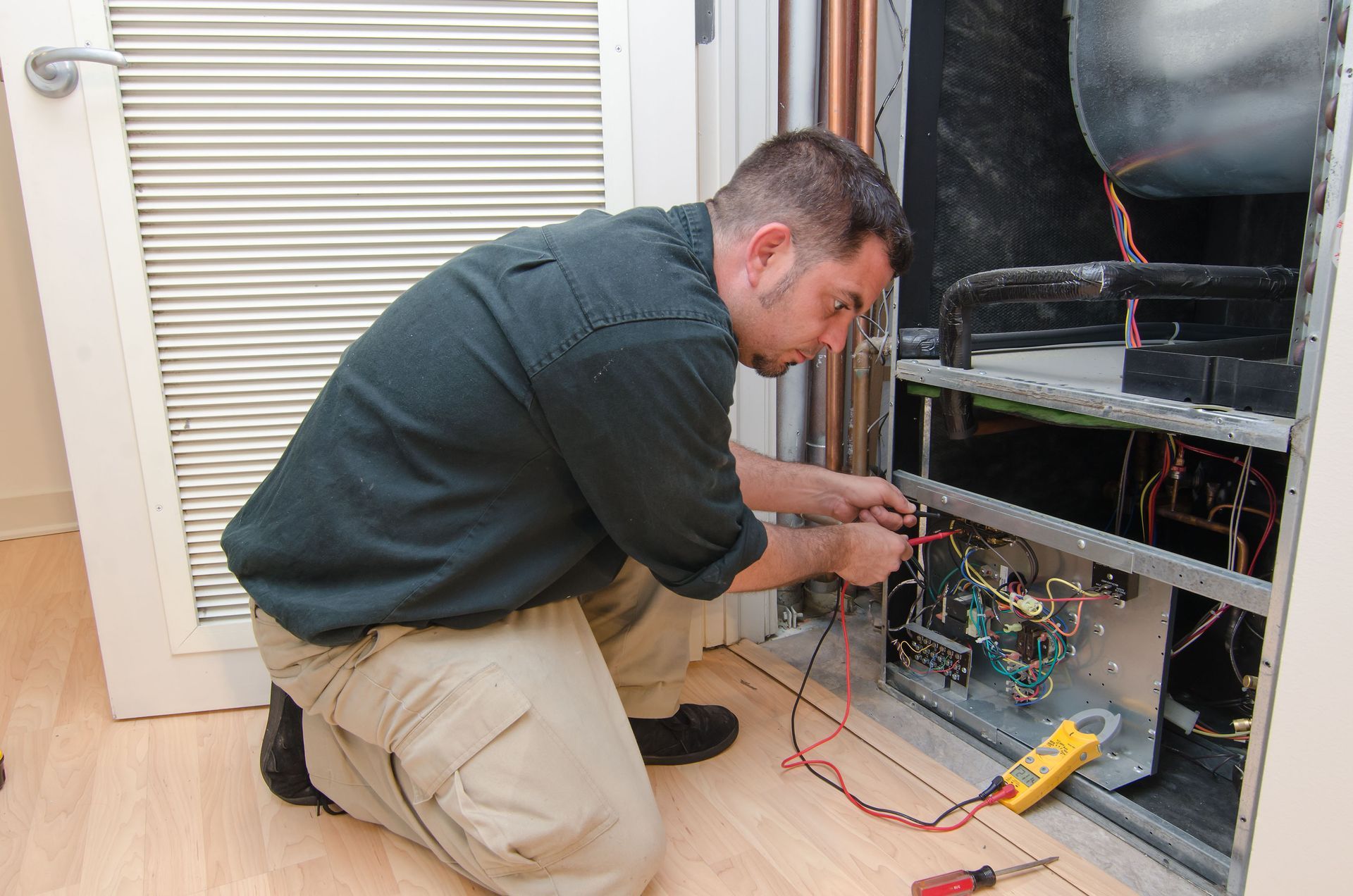
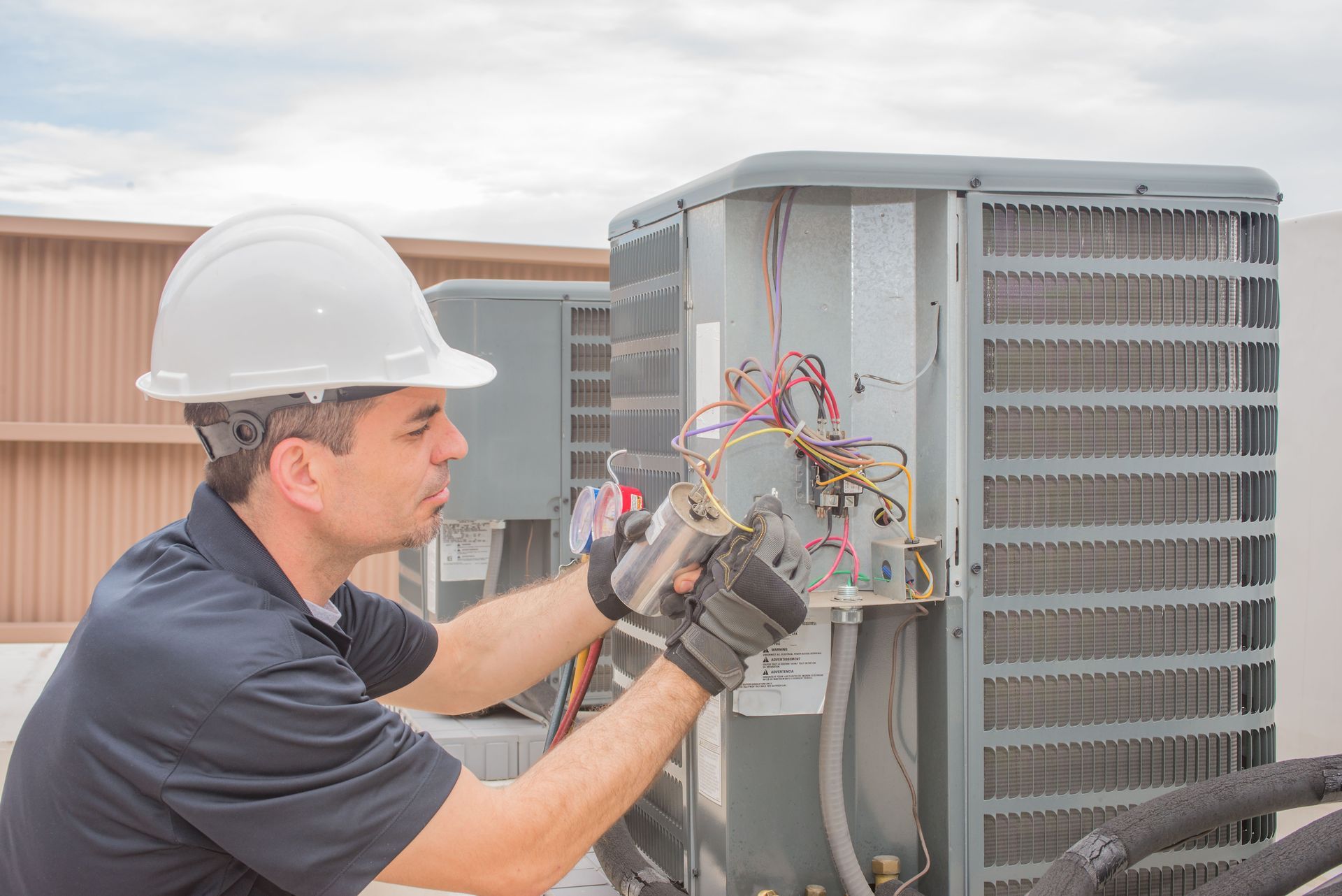
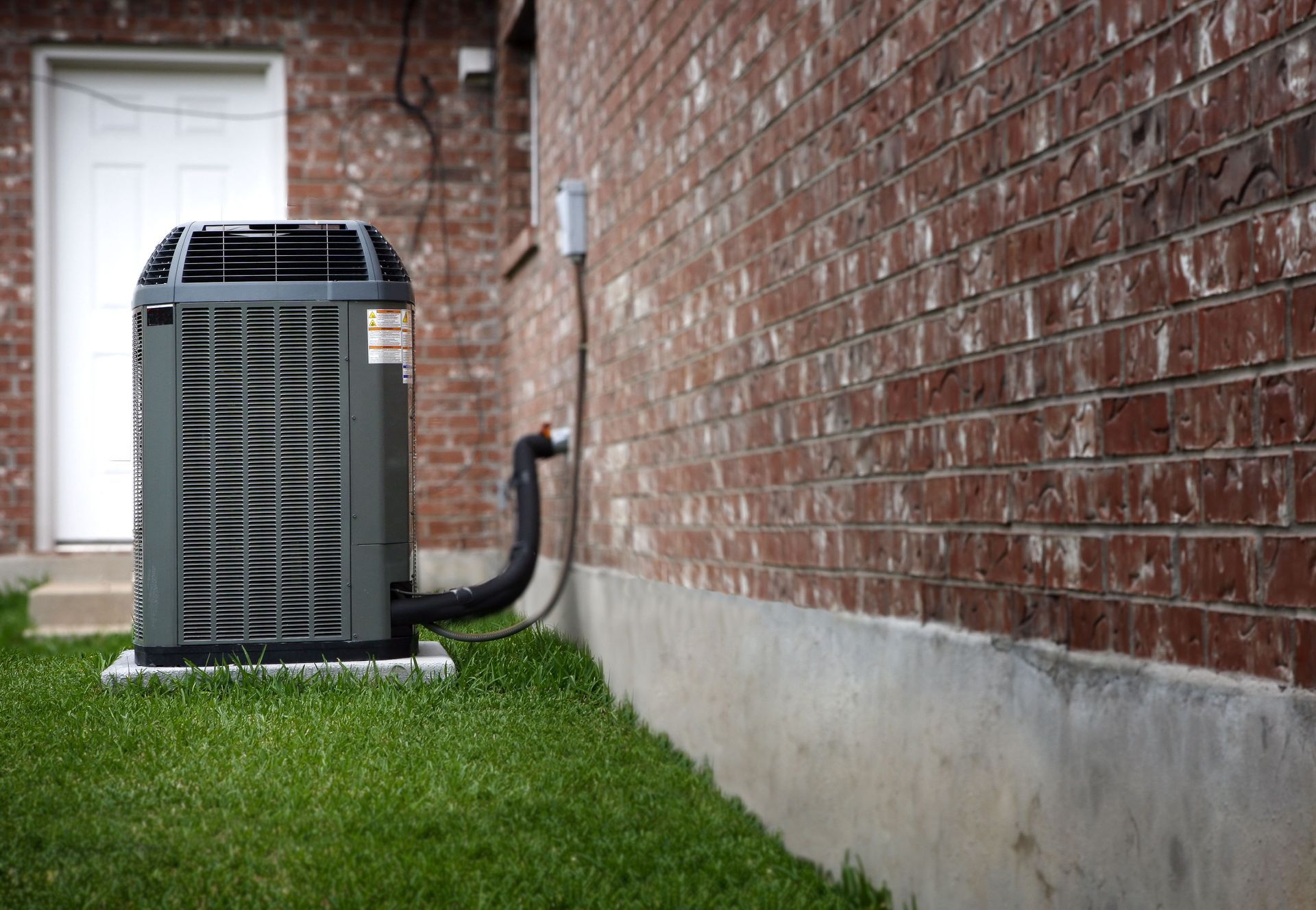
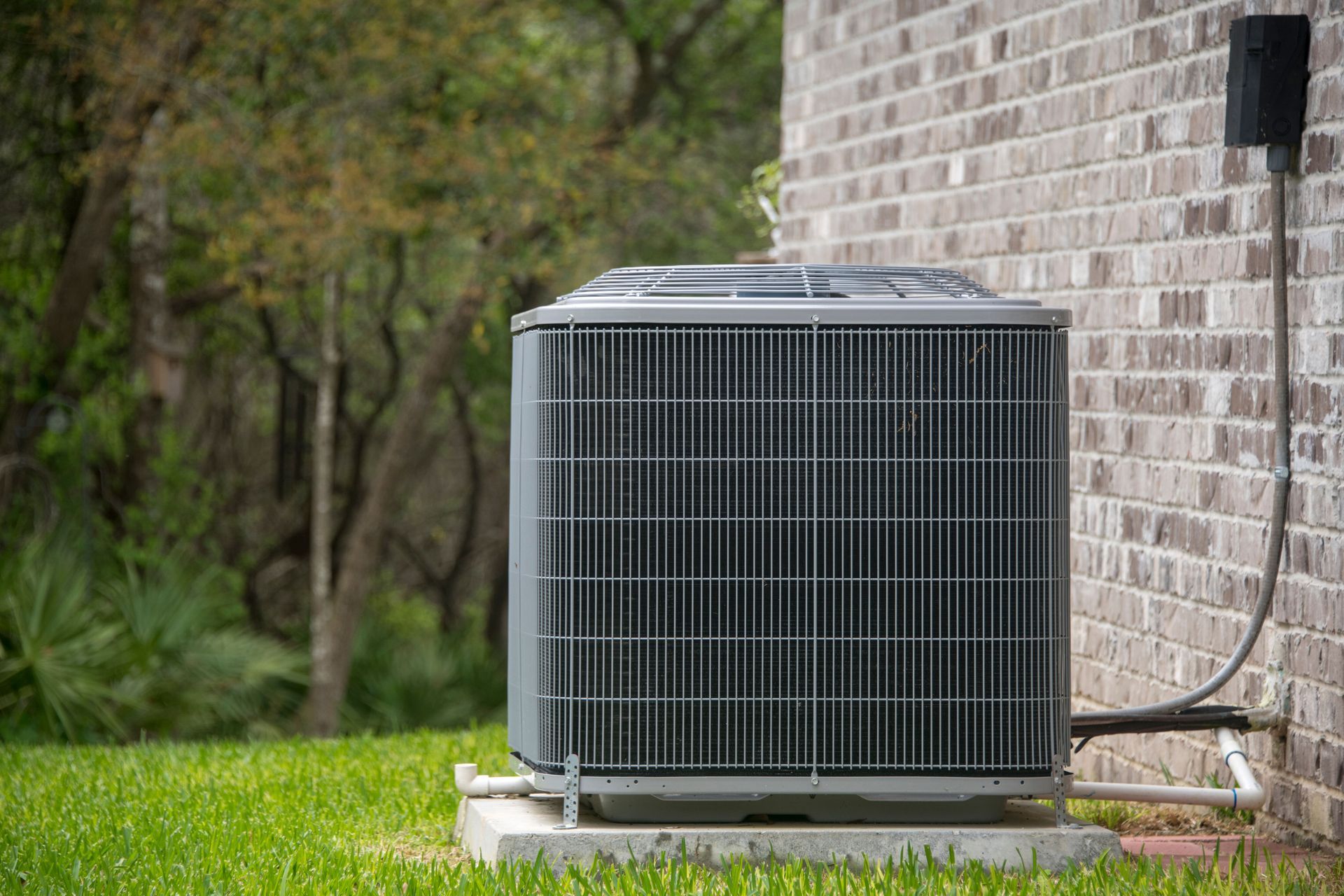

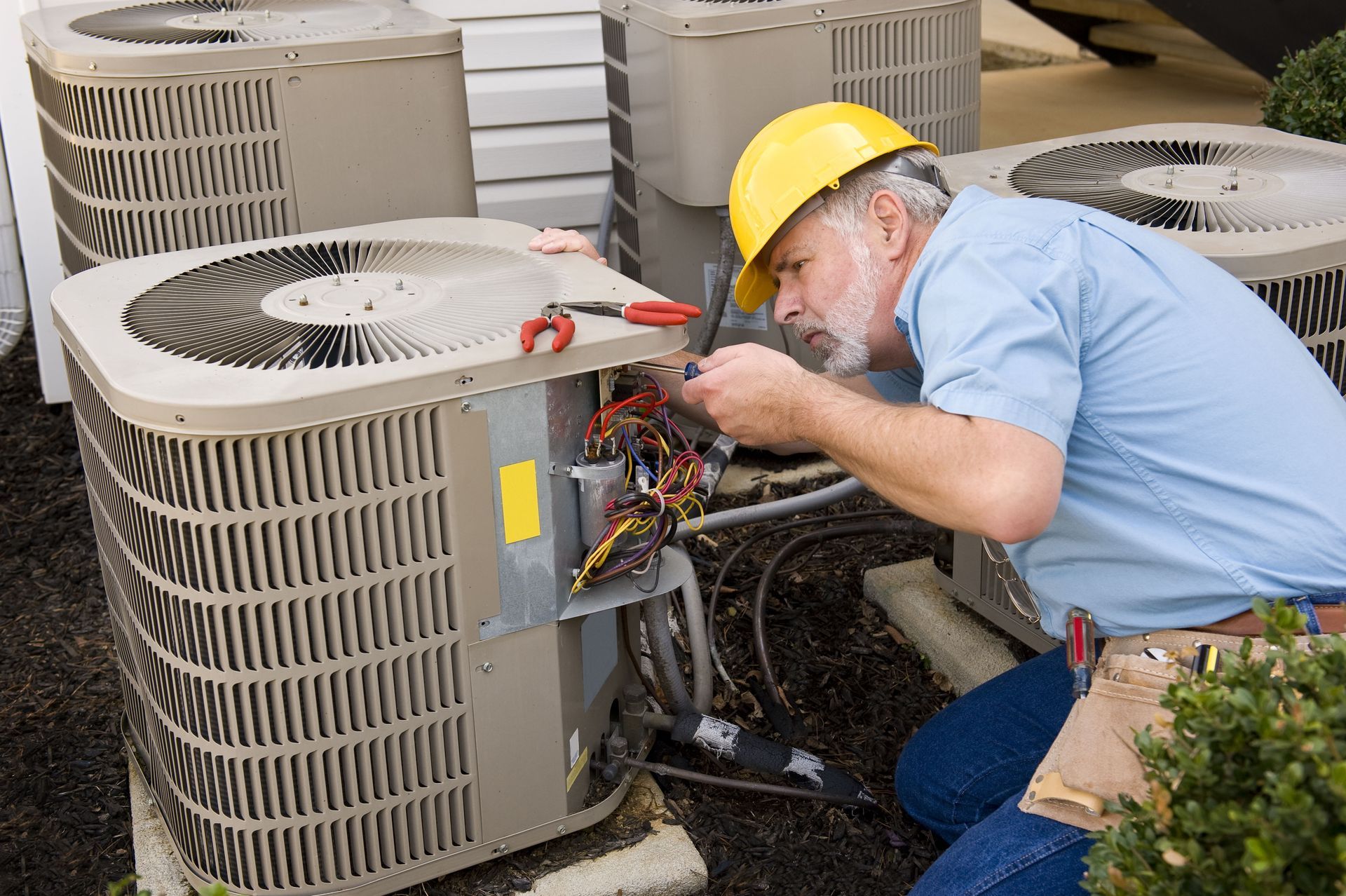
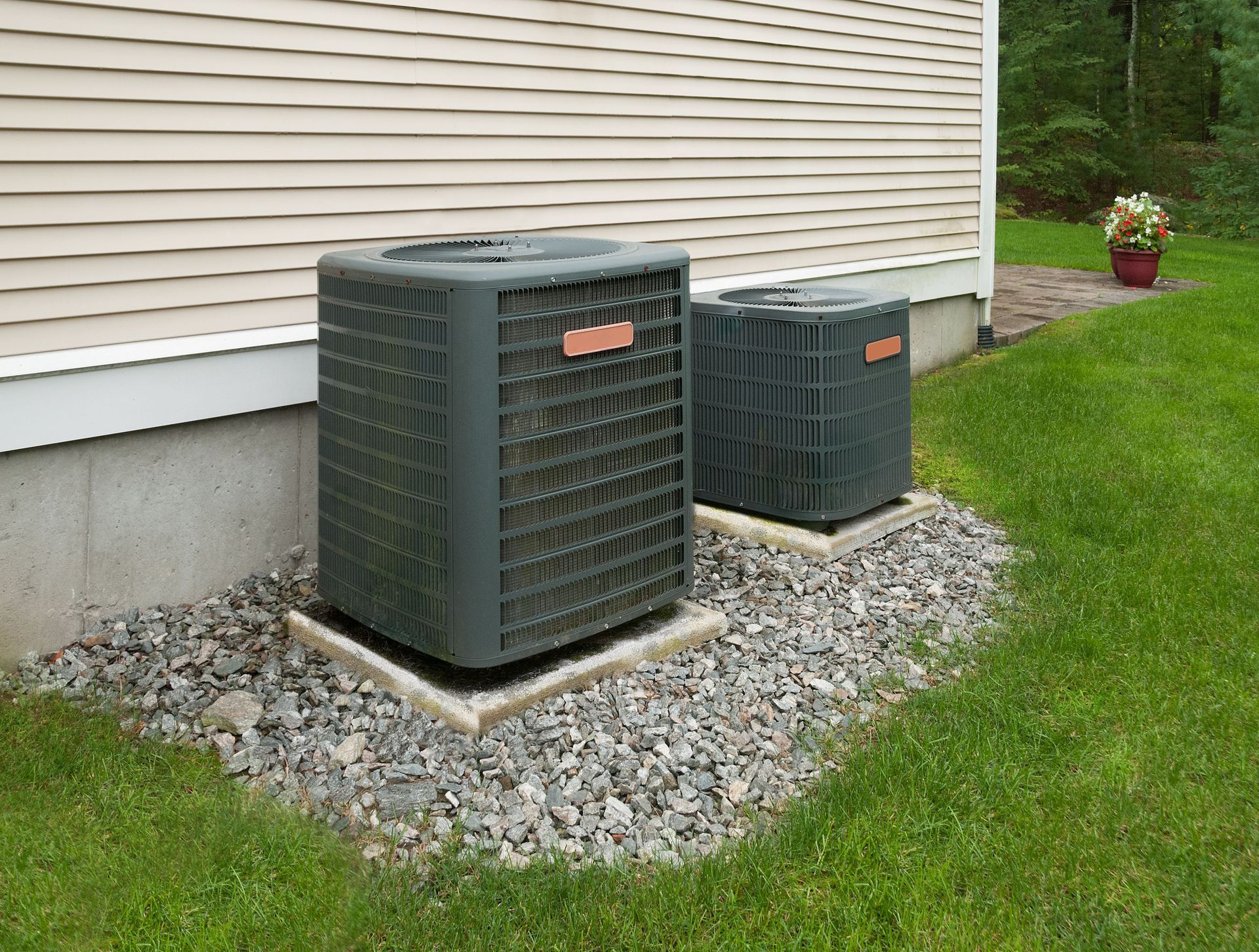
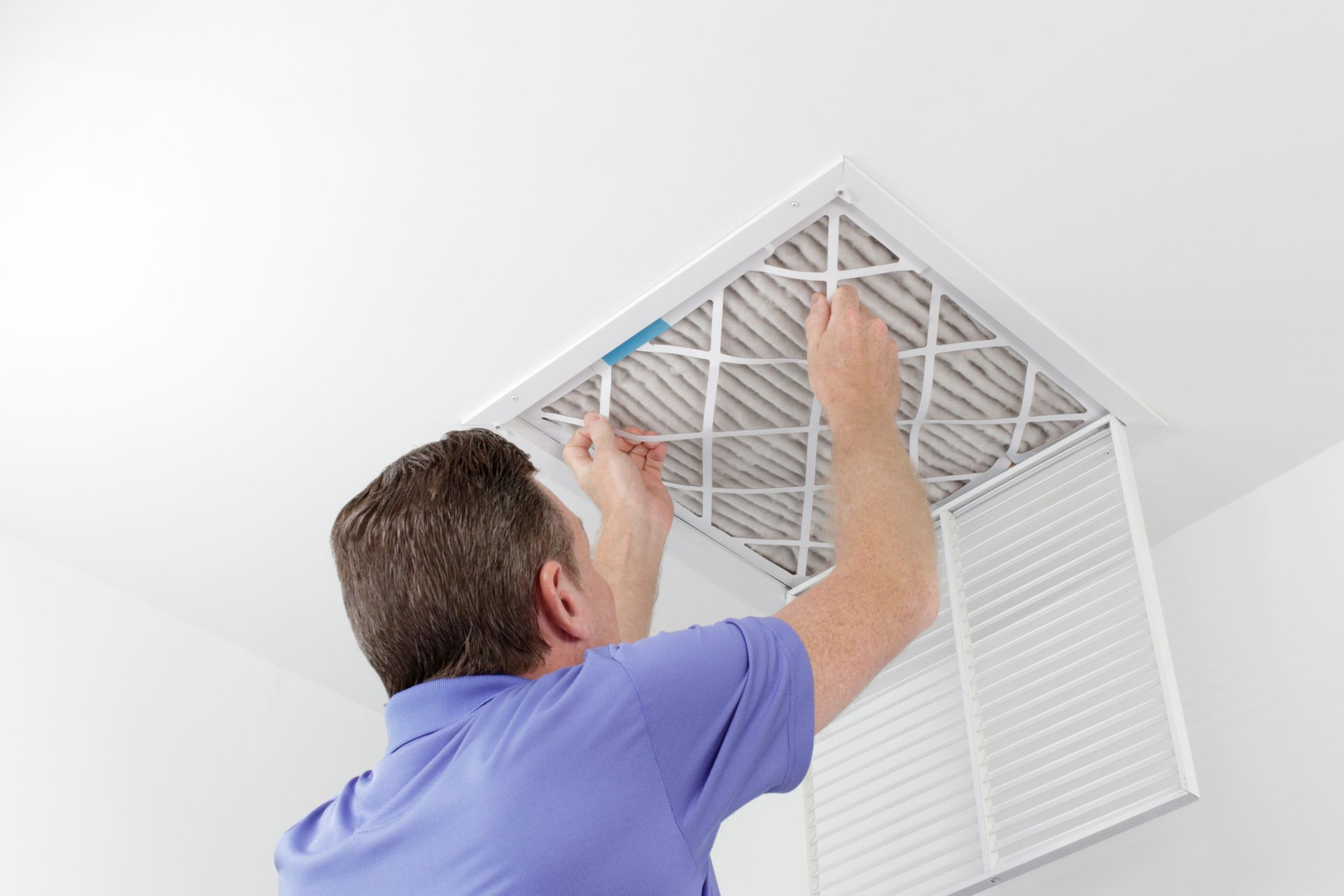
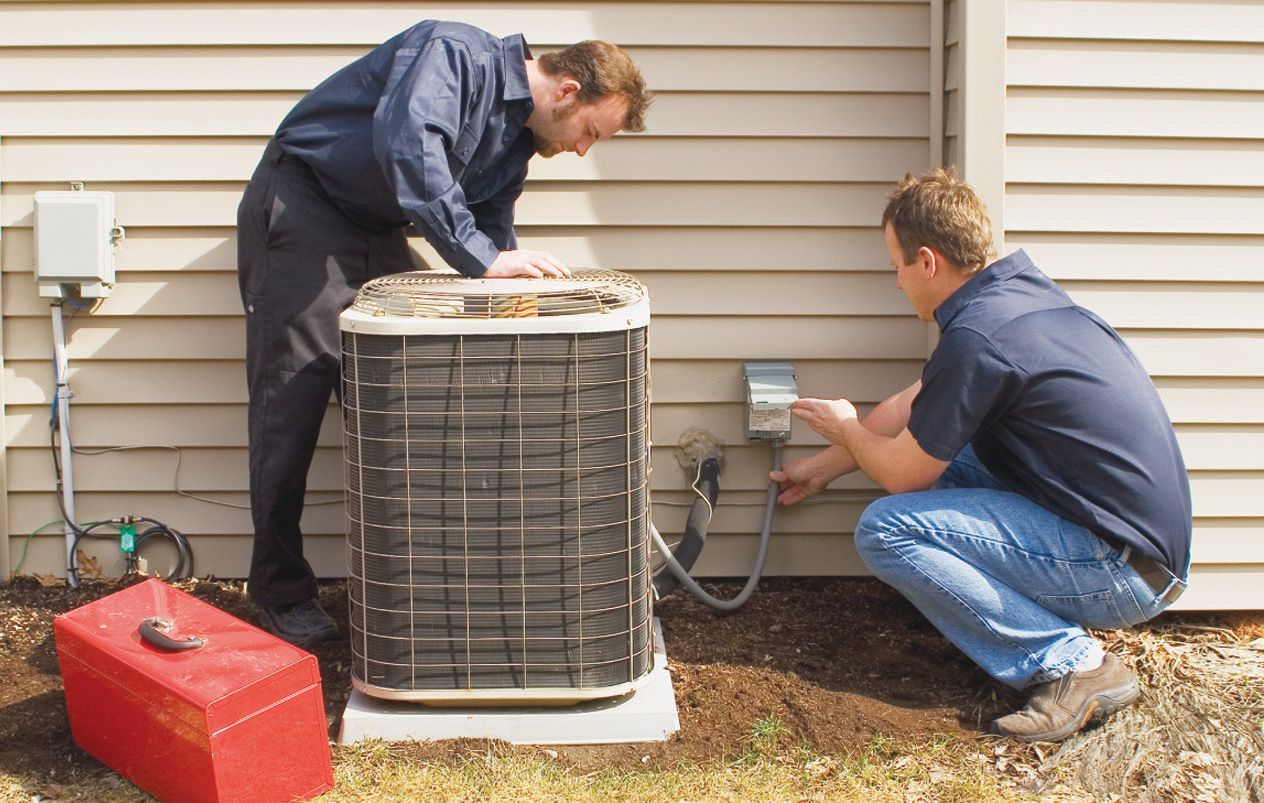
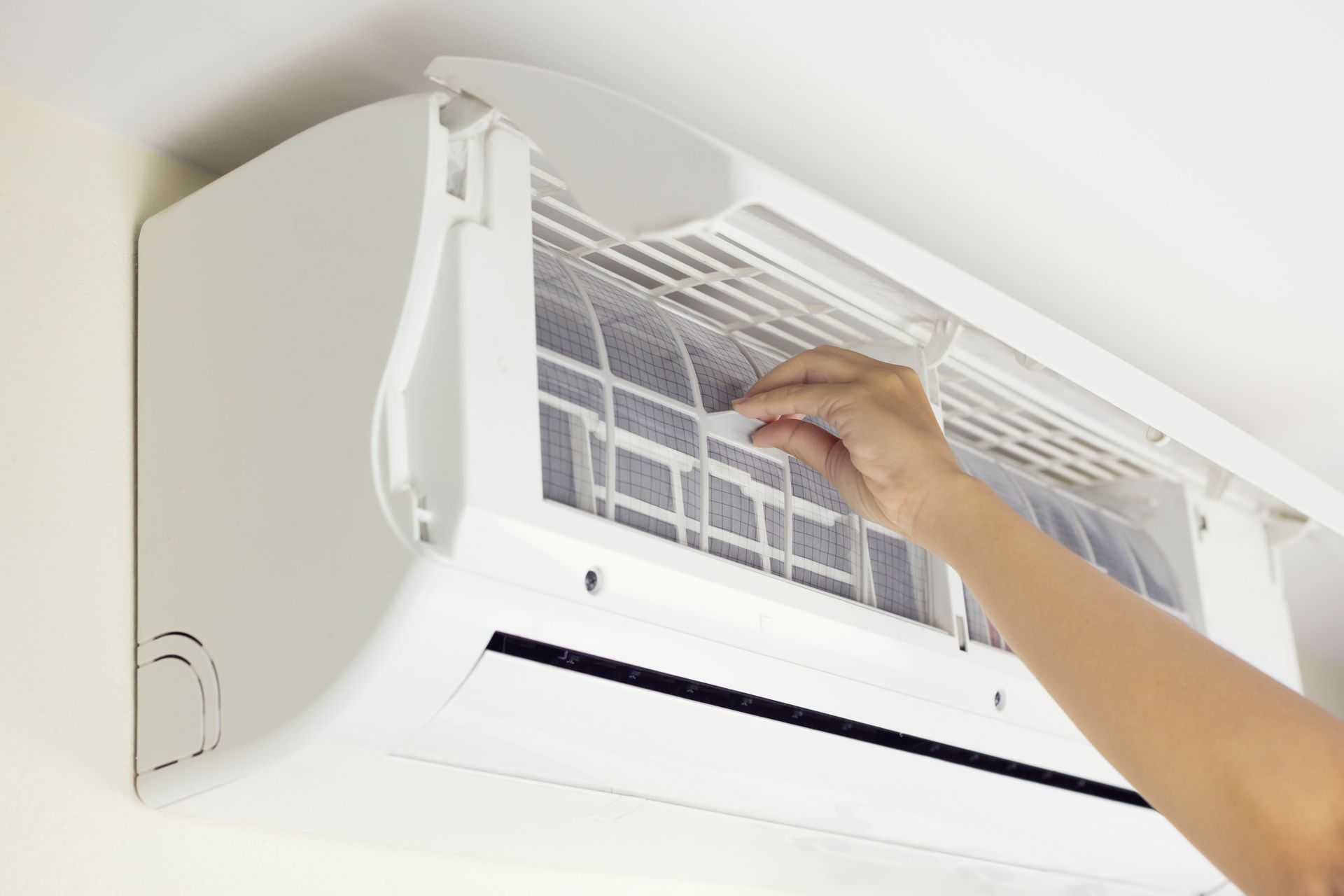
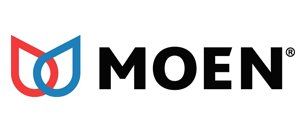
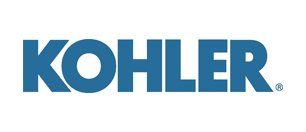


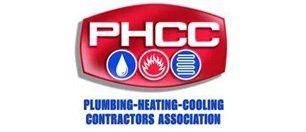
Share On: